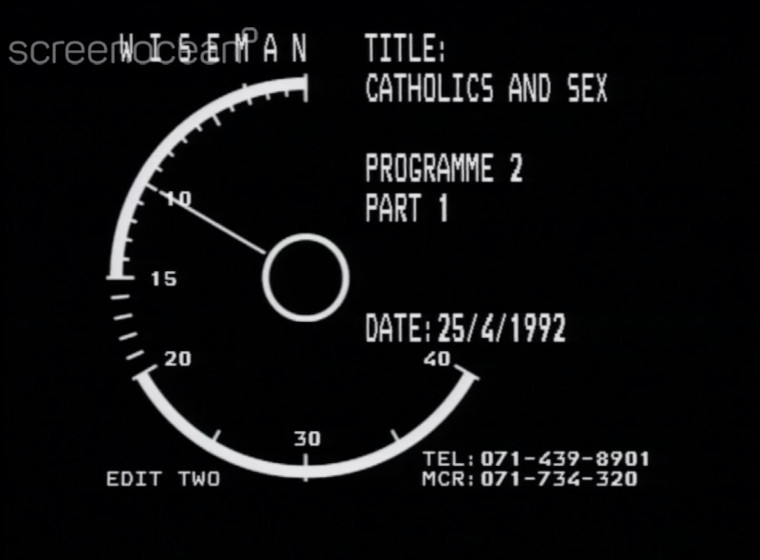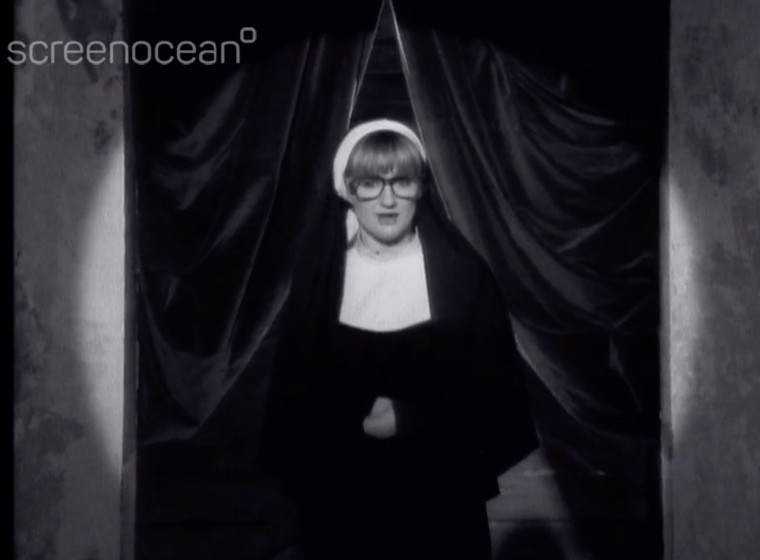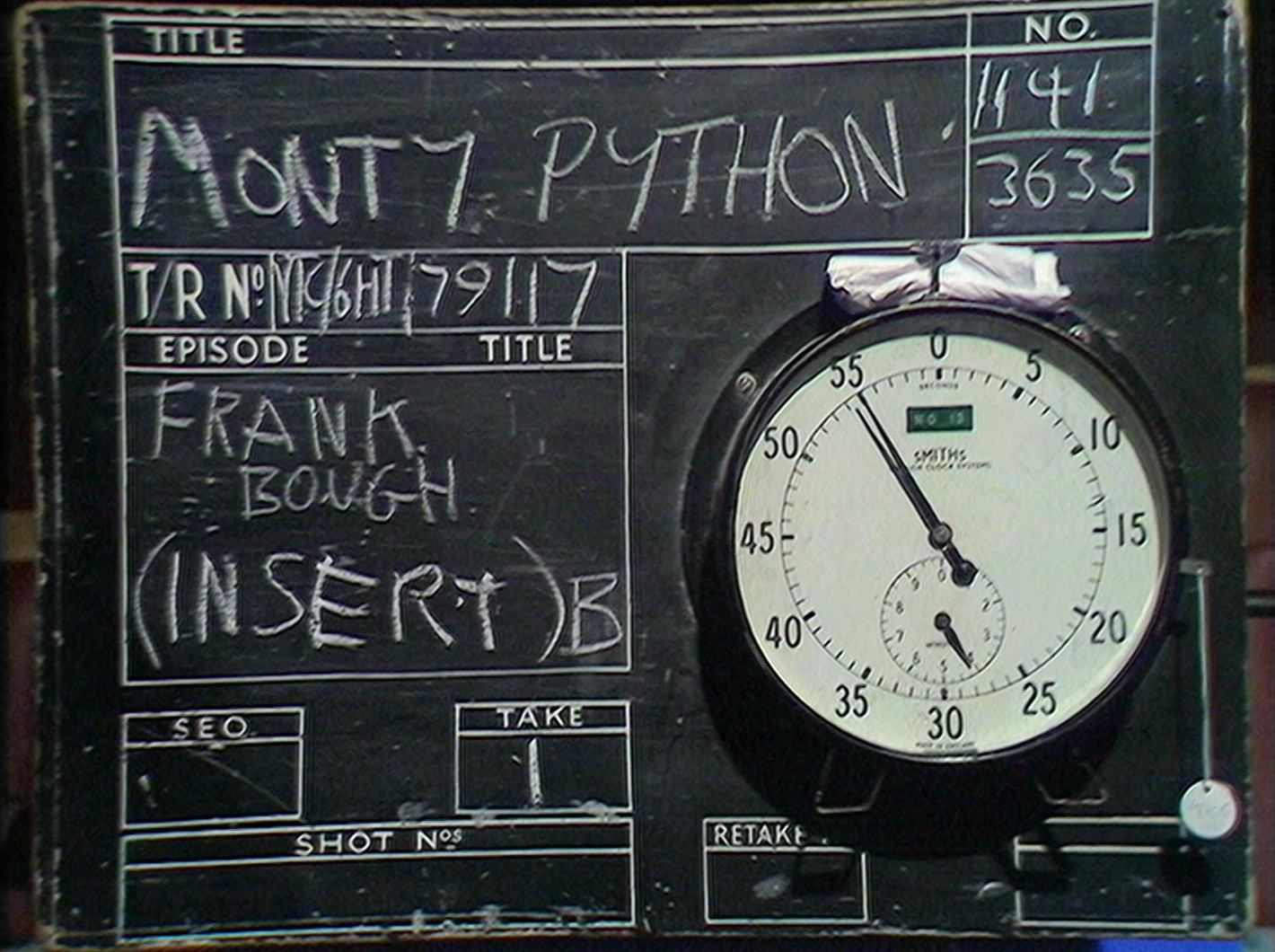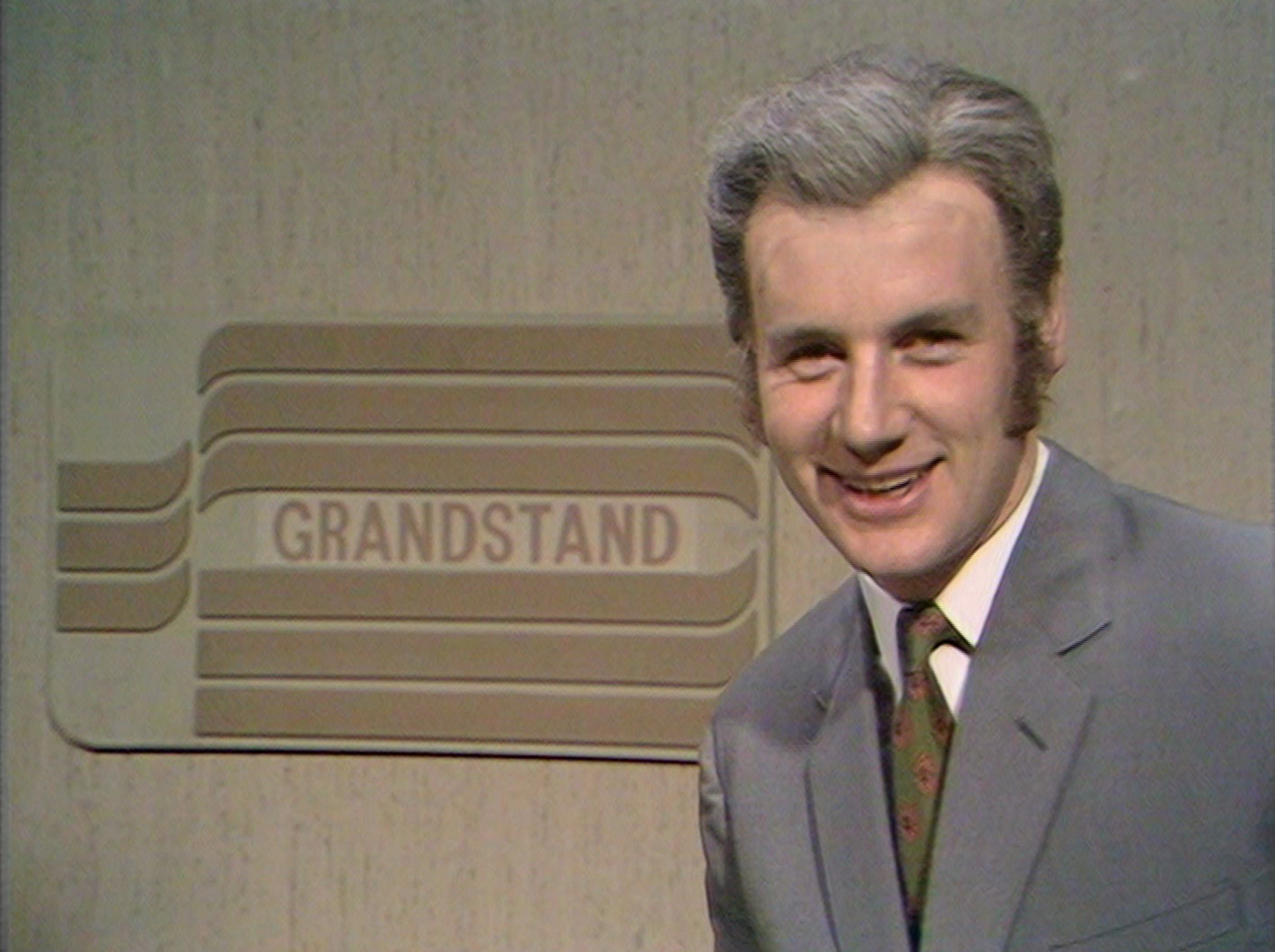Recently, I asked people to send me anonymous questions again, which is always good fun until someone sends you something unpleasant. Anonymity and nasty messages, what are the odds?
Anyway, I particularly enjoyed this one, as it gives me an excuse to link to one of my favourite things ever.
“Favourite audience reaction in a sitcom? I know it’s difficult to choose. The reaction at the end of Seinfeld’s The Marine Biologist when George pulls Kramer’s golf ball out of his jacket has to be one of mine, love that woman who does the shriek when she realises what he’s holding.”
Having finally got round to a full rewatch of Seinfeld this year – yes, I know – I fully concur. The actual laugh is at 4:00 in the below video, in an episode which first aired in the US on the 10th February 1994.1
As for my own suggestions, my mind immediately turns to Red Dwarf. The obvious answer is the shrinking boxer shorts scene in “Polymorph”, followed by the reveal of the crew meeting the skeletons in “Kryten”. In fact, nearly all the huge audience reactions in the show come from the show’s early years in Manchester, which might be a riposte to anyone who says that the audience got louder in later years when the fans started attending recordings.
A less obvious answer, but still utterly glorious, is the following from “Bodyswap”, broadcast on the 5th December 1989. You don’t need to worry about the body swap shenanigans themselves – all you need to know is that thanks to a wiring fault, Lister’s order of “a milkshake and a crispy bar” ten minutes earlier set off the ship’s auto-destruct system:
It is, of course, the utter release of tension, as well as the joke itself, which creates such a hysterical reaction.
But for my money, one of the best audience reactions of all time is in Drop the Dead Donkey. In “Sally’s Libel”, broadcast on the 4th February 1993, we get the sad tale of footballer Pat “The Panther” Pringle, played by Paul Clarkson. Well, he was called “The Panther” until a horrendous own goal in the last minute of a semi-final, where he became known as “The Plonker” instead.
Luckily, after years in the wilderness, he’s finally got a job as Globelink’s new sports presenter. And so the gang make him feel comfortable in their usual inimitable fashion.
Interestingly, it works slightly differently to the Red Dwarf example above. It’s not about a release of tension; the tension is already released by the bathetic “Oh well, there you go!” So you think that’s the main joke… and then wham, David Swift comes on and leaves you gasping for breath.2
It’s as joyful and magical as television gets for me. And it creates the case for audience sitcom in and of itself.
Read more about...
drop the dead donkey, red dwarf, seinfeld




